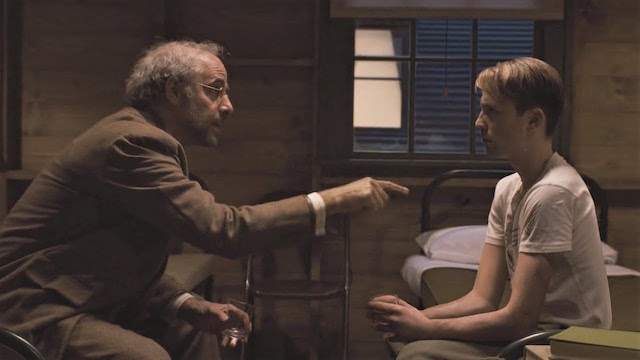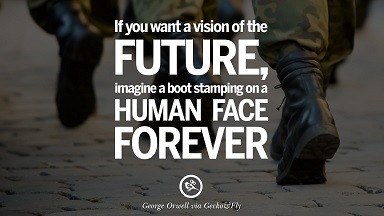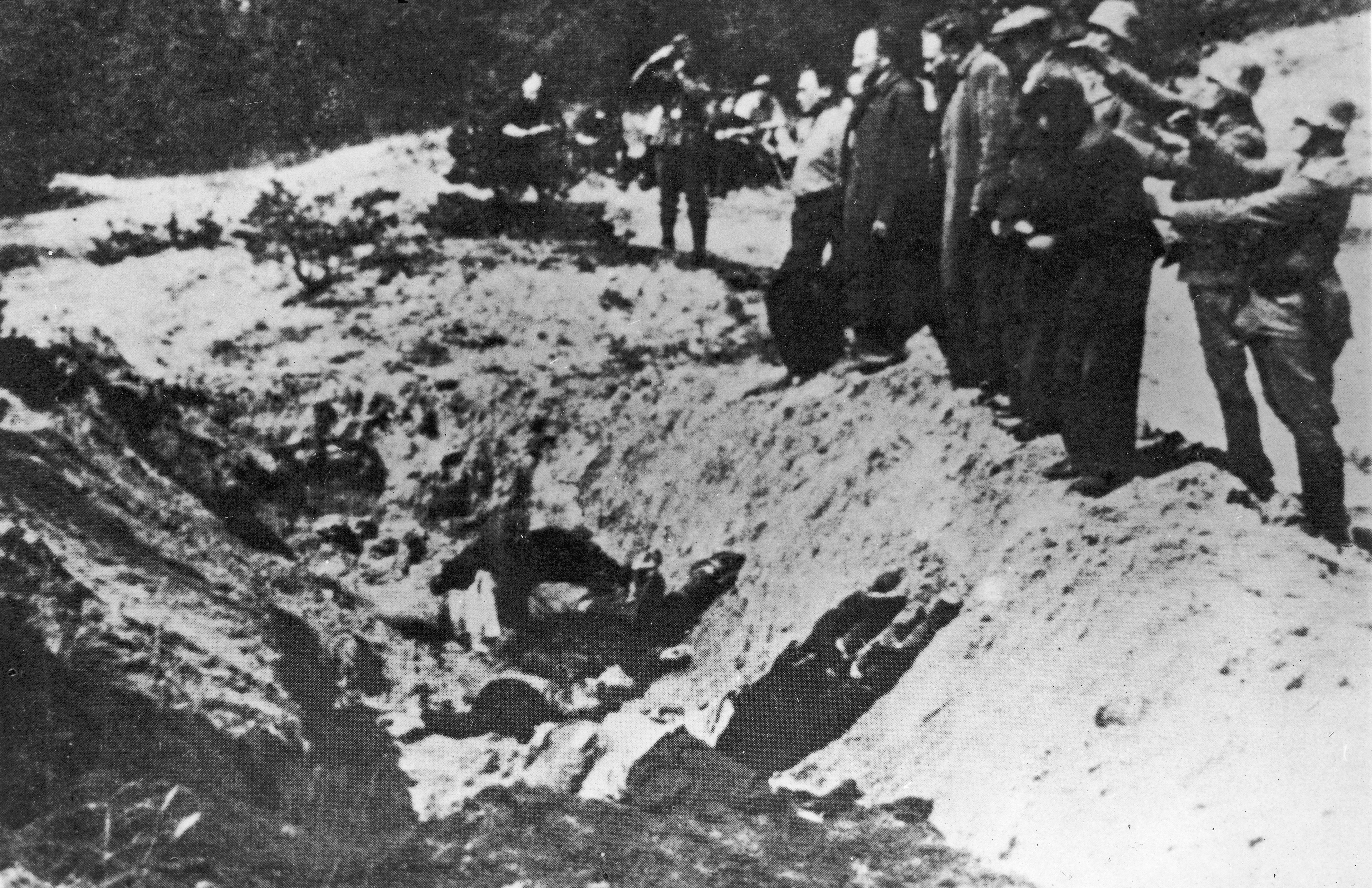|
home | what's new | other sites | contact | about |
|||
|
Word Gems exploring self-realization, sacred personhood, and full humanity
War & Peace
The issue of defining the “just war” presents itself with a long history of discussion. For a review of this multi-faceted debate, see Mortimer Adler’s Syntopicon essay on “War and Peace,” with an extensive bibliography featuring the Great Books of the Western World. My purposes here are modest and will not address the larger scope of this subject. Instead, I would like to focus on one small issue that, for me, finally became dispositive to understanding the moral implications of, and rendering judgment on, self-defense, war, and “turning the other cheek.” I’d been troubled by this question for many years, most of my life. I could find no straight-forward way. A surface reading of the Bible, in my youth, seemed to preach the way of pacifism; further, a church I belonged to in my young manhood advocated a removal of oneself from military duty with, instead, a conjuring of faith for God to “protect his people.” Later, in my studies of channeled reports from the other side, I learned that many over there continue the debate. Some say that killing any life is immoral, and yet one could find a number of accounts of soldiers, having fallen in battle, to have entered Summerland immediately, suffering no detriment in terms of conscience defiled. Editor's note: This easy admittance, I learned, was due to the usual belief by soldiers that they were doing their patriotic duty, even if the war, in fact, was unjust and merely a scheme by politicians to aggrandize themselves. Intentions, until knowledge is gained, rule. However, as I said, I would like to keep this article brief. What finally persuaded toward resolution was a consideration of a question, one not usually asked: We’ve often heard of a right to self-defense, but is there also a duty to safeguard oneself? What happens if we, individually or nationally, refuse to defend against attack? I recall this statement by Will Durant: Will and Ariel Durant, The Story Of Civilization, volume one: “Weakened by [internal] division, it [India] succumbed to invaders; impoverished by invaders, it lost all power of resistance, and took refuge in supernatural consolations; it argued that both mastery and slavery were superficial delusions, and concluded that freedom of the body of the nation was hardly worth defending in so brief a life. The bitter lesson that may be drawn from this tragedy is that eternal vigilance is the price of civilization. A nation must love peace, but keep its powder dry.” A lackluster defense of their nation, a philosophy of “what’s the point of fending off attackers in a life as short as this mortal journey,” resulted in massive slaughter of the inhabitants. The issue, is there a duty for self-defense, is closely related to another pressing question, is suicide immoral? We don’t often think of the related suicide question. But when the citizens of India opted against resisting an invasion, this, in a practical sense, was equal to deciding for suicide. Do we have a right to apply for suicide? There may be certain specific and narrow situations where it might be the moral thing to do, but a policy rooted in negligence, a lack of care for, or defense of, the body, is something else. every ego wants something from you On a thousand WG pages, we have discussed the moral insanity of the unenlightened state. Every ego wants something from you. And if allowed to run rampant, without the rule of law, egos will take everything from you, including your life. This is the lesson of history.
To ignore this reality; to fail to prepare for attacks by enemies; is tantamount to choosing suicide. This is not a debatable issue. In this world, unenlightened others -- absolutely and definitely -- will come to destroy you, if this is allowed, if they can get away with it. These principles become operative on both the personal and the national level. The pacifists say they don't like war, that it's immoral. Do they like being dead? Is it moral to facilitate one's own destruction? War is an evil, but, unfortunately, in our world, it's often the lesser evil. We don't get to have a perfect world just yet. 'I don't want to kill anyone, I just don't like bullies' See the above masthead quote from the young proto-Captain America. He gave the right answer. Because, if we are called to reasonable self-defense, even with deadly force, we cannot engage in such with a hate-filled spirit. This is difficult to do, of course, but one must avoid becoming a monster in pursuit of monsters. Editor’s note: What about Gandhi’s way of non-violent non-resistance? It seemed to work for him in India against the British. Is this way to deal with consummate evil? The answer here is absolutely no. It worked for Gandhi because the British forces in India were constrained by an underlying rule of law. This rule of law was supported by a long history of British jurisprudence, backed by Parliament, which held office at the pleasure of British voters. Public opinion back home in Britain, upon hearing of the Indians’ struggle against a sometimes harsh British rule, began to go against what was deemed to be imperialism, and, when this happened, the politicians folded, and the military in a faraway place was then recalled. Gandhi’s non-resistance played upon moralistic sensibilities, which gave way to a national guilt. But what if there is no moralistic sensibility and no rule of law? What if Gandhi had tried his public-relations, “photo opp” campaign of non-resistance in Nazi Germany? In this case, Gandhi and all of his non-resisting followers, would have been herded onto trucks, taken to a forest where they would have been forced to dig their own graves, then machine gunned and covered with dirt.
History is filled with accounts of this kind of brutality against the peaceable. A famous one coming to mind, highlighted in Dr. Kenneth Clark’s Civilisation, is that of the non-violent followers of Francis of Assisi.
After Francis’ death, the Rogue Church, threatened by the popularity of Francis’ movement, burned all of his disciples at the stake. Dr. Clark explains:
He had seen his group of humble companions grow into a great institution, and in 1220 he had, with perfect simplicity, relinquished control of the order. He recognised that he was no administrator. Two years after his death he was canonised and almost immediately his followers began to build a great basilica in his memory... A strange memorial to the little poor man, whose favourite saying was, 'Foxes have holes and the birds of the air have nests: but the Son of Man hath not where to lay his head'. But of course, St Francis's cult of poverty could not survive him -- it did not even last his lifetime. It was officially rejected by the Church; for the Church had already become part of the international banking system that originated in thirteenth-century Italy.
|
|||
|
|



